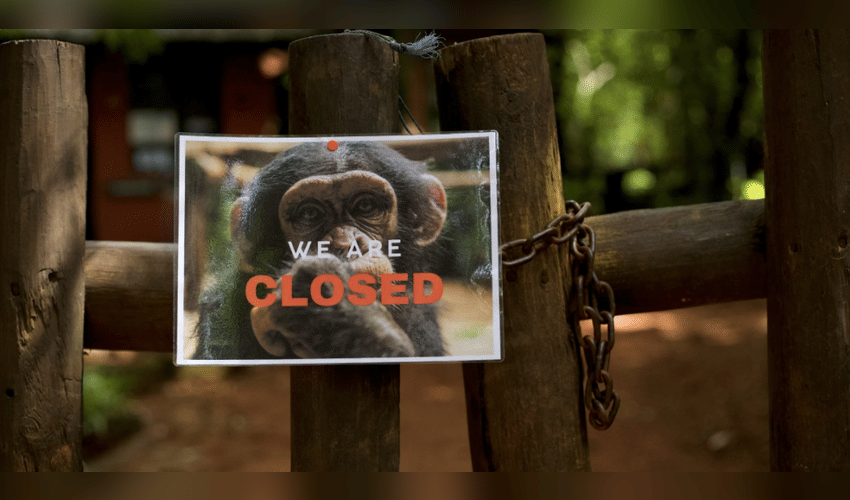Lifestyle
Chimpanzee sanctuary in Sierra Leone closes to tourists in protest against deforestation.

For over two months, West Africa’s largest chimpanzee sanctuary has remained closed to tourists, as its founder protests the growing deforestation threatening the area. Despite government recognition that Sierra Leone’s wildlife faces risks from illegal logging and land seizures, Bala Amarasekaran — founder of the Tacugama Chimpanzee Sanctuary — says the authorities have not taken sufficient action to address the issue, prompting him to keep the sanctuary closed.
“In recent months, we’ve seen increased encroachment near the sanctuary,” Amarasekaran told Reuters from the refuge, which houses over 100 mostly orphaned chimpanzees and typically offers lodge accommodations to visitors. “Deforestation is putting the sanctuary in danger. When people encroach too closely on protected wildlife areas like this, it becomes unsafe,” said Amarasekaran, who established the sanctuary three decades ago and has led it through challenges such as civil war and the Ebola outbreak.
According to Global Forest Watch, Sierra Leone lost about 2.17 million hectares (5.36 million acres) of forest cover between 2001 and 2024 — roughly 39% of its tree cover from 2000. The Western Area Peninsula, which includes the capital Freetown and the Tacugama refuge, lost over 10,000 hectares (24,700 acres) during that time.
Amarasekaran attributes much of the deforestation to aggressive land grabs for development. The devastating effects were seen in a 2017 mudslide on Mount Sugar Loaf, which claimed around 1,000 lives. A 2019 study by the Geological Society of London identified deforestation, heavy rainfall, and unregulated construction as the main causes of the disaster. It noted that the removal of trees weakened the soil's ability to absorb water and stay intact, worsening the landslide. “This is not just a problem — it’s an existential crisis,” said Sierra Leone’s Information Minister, Chernor Bah. “We regret Tacugama’s decision to close, but we understand their position.” Amarasekaran acknowledged that the government had formed a task force to target illegal logging, but criticized the lack of consistent follow-up efforts. Bah, however, affirmed the government's ongoing commitment to protecting the peninsula’s forests.



